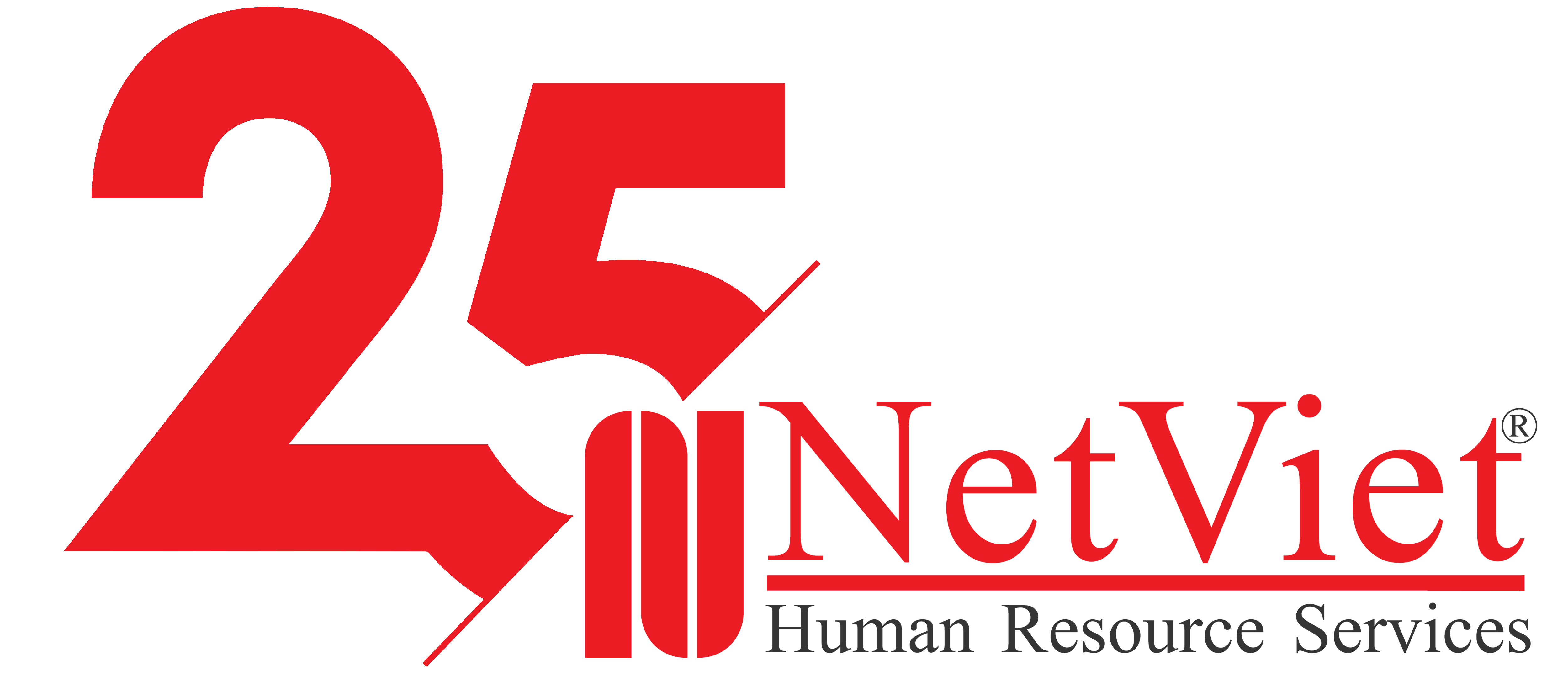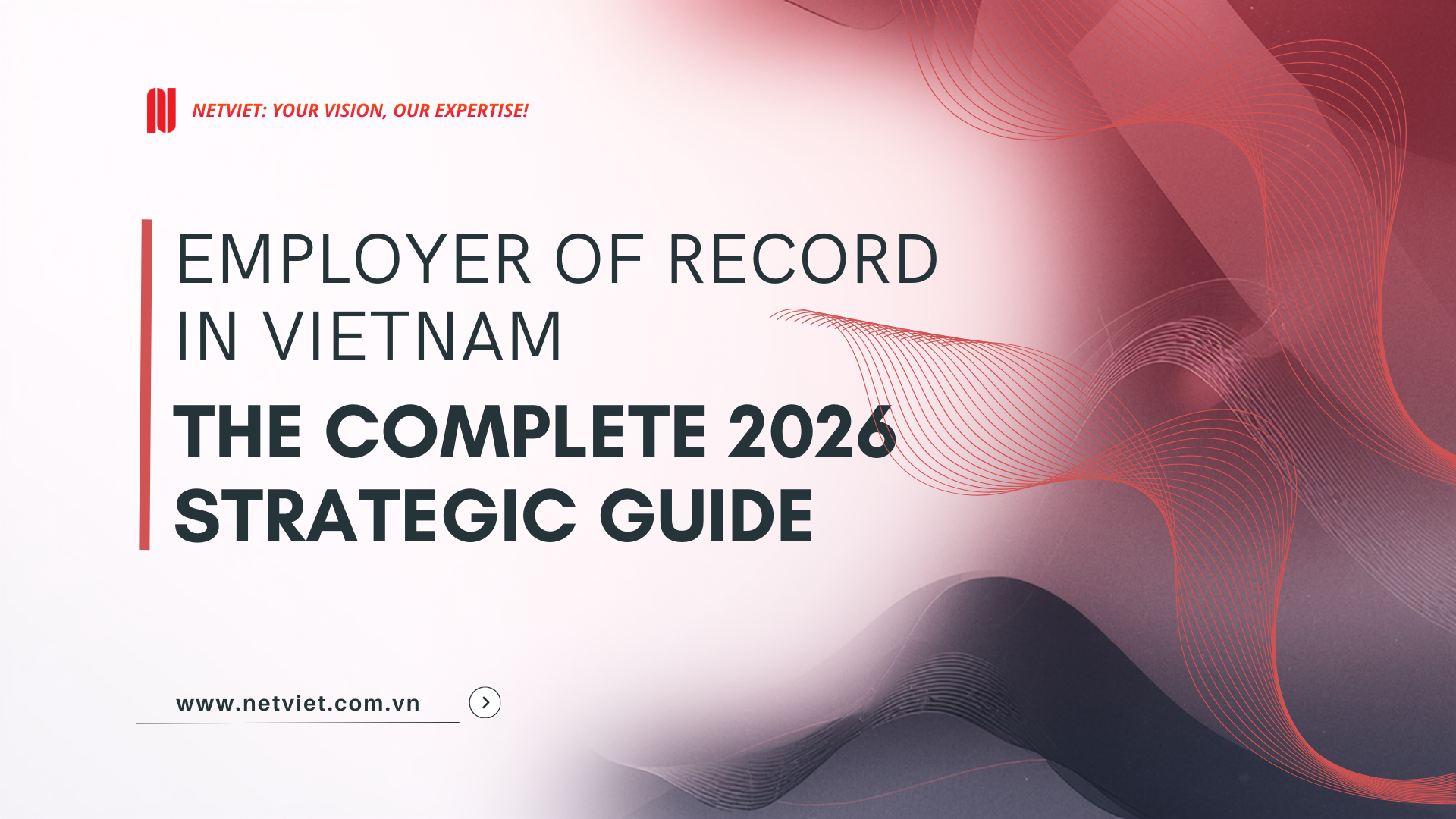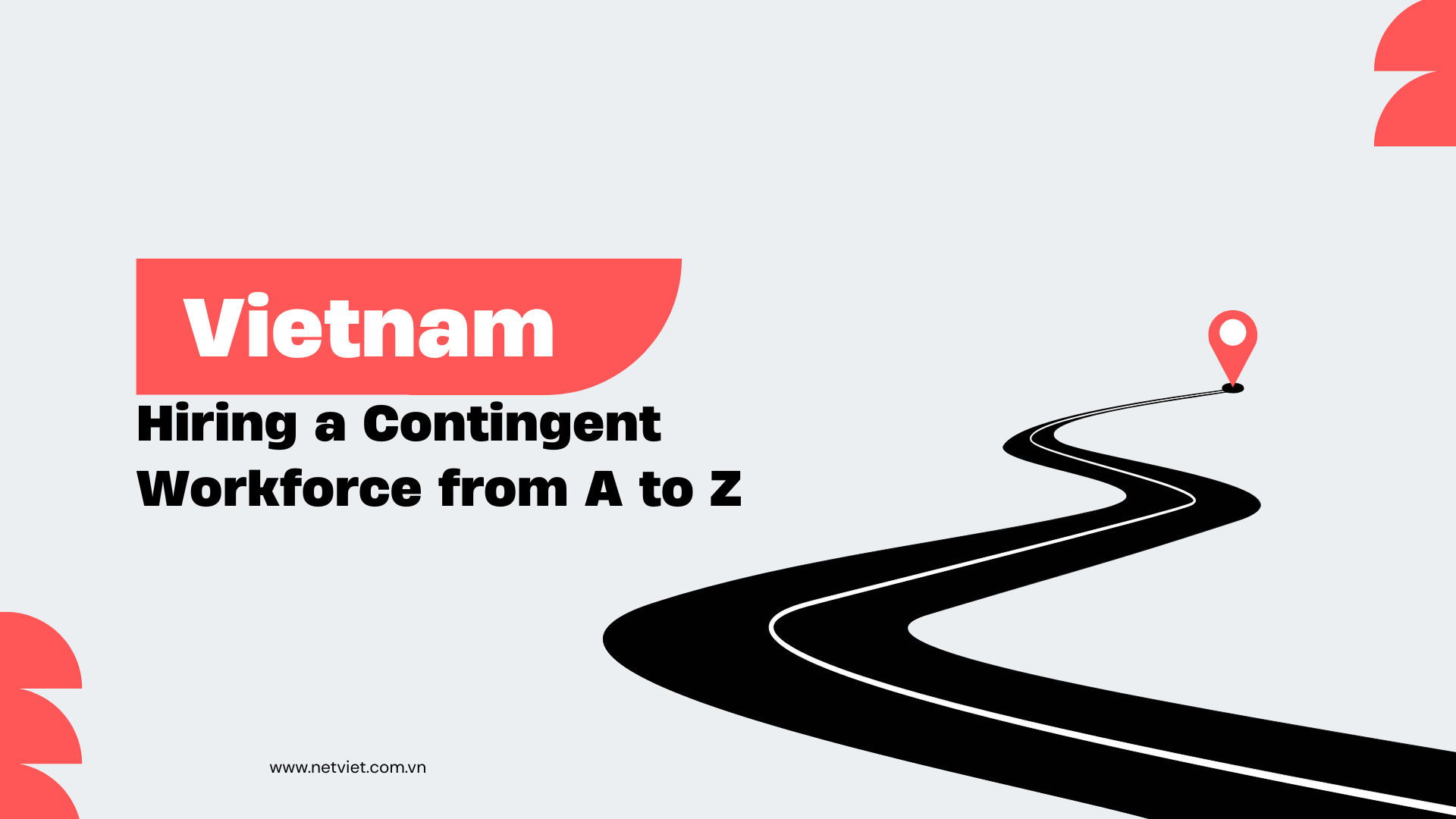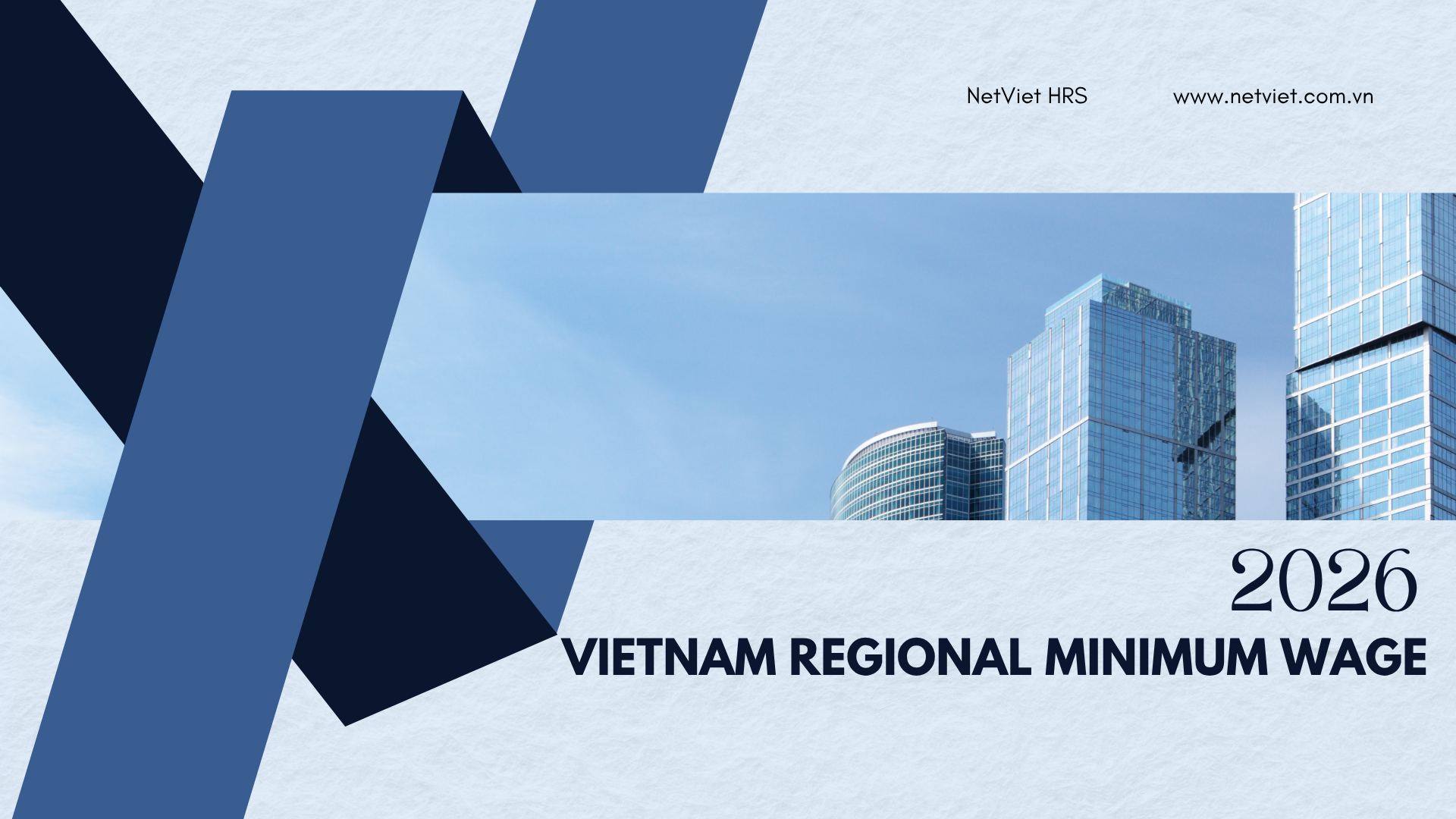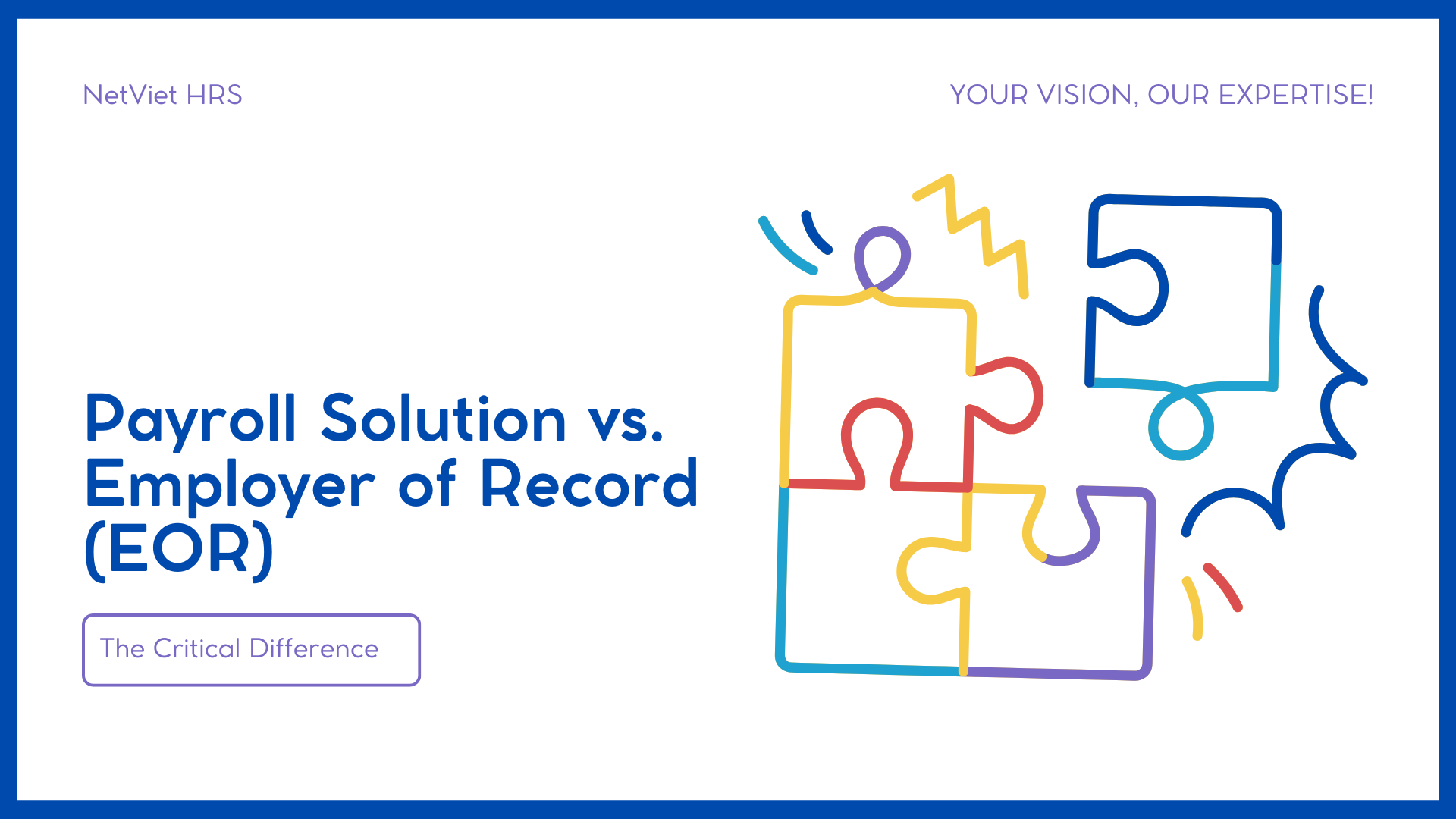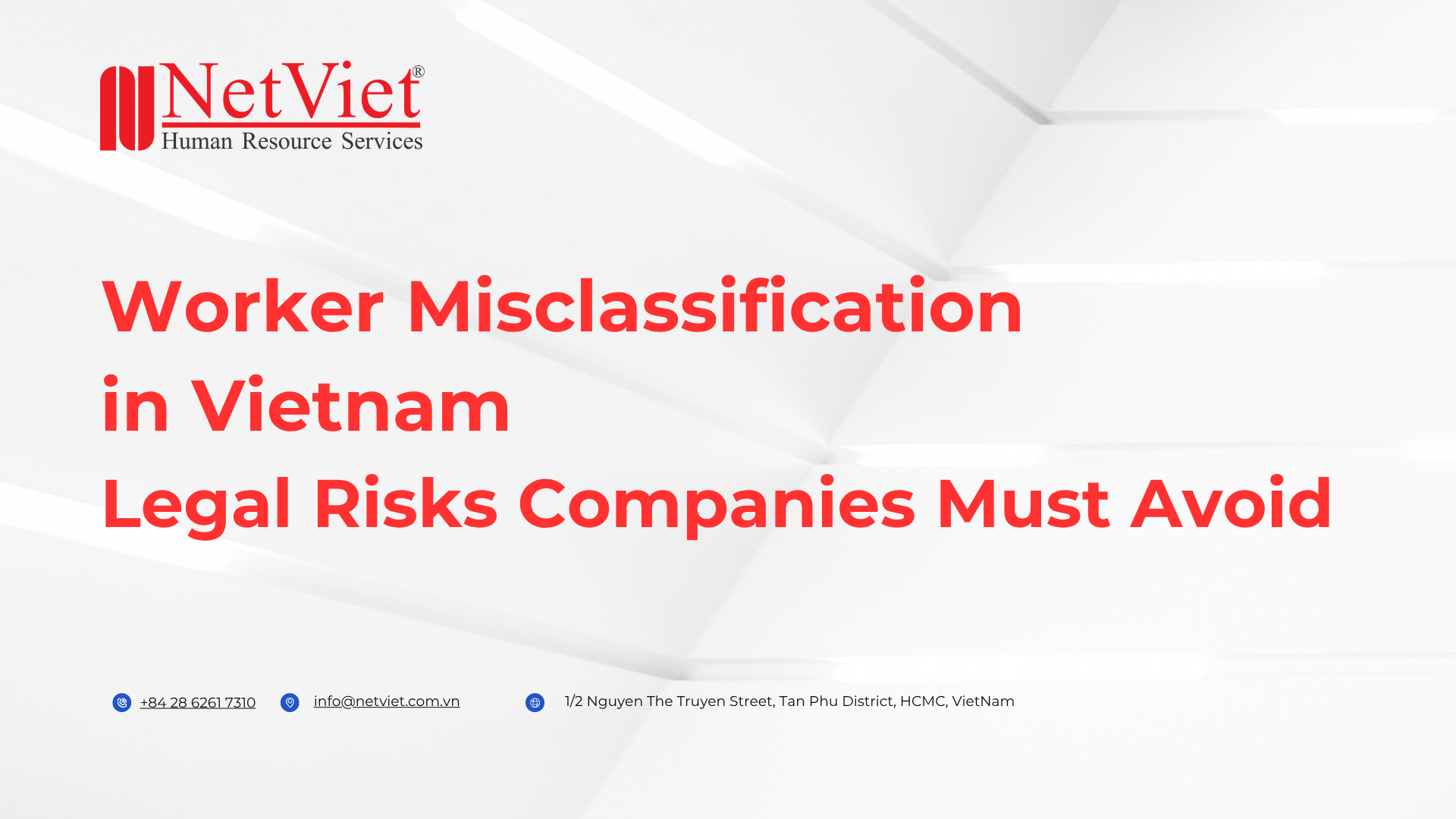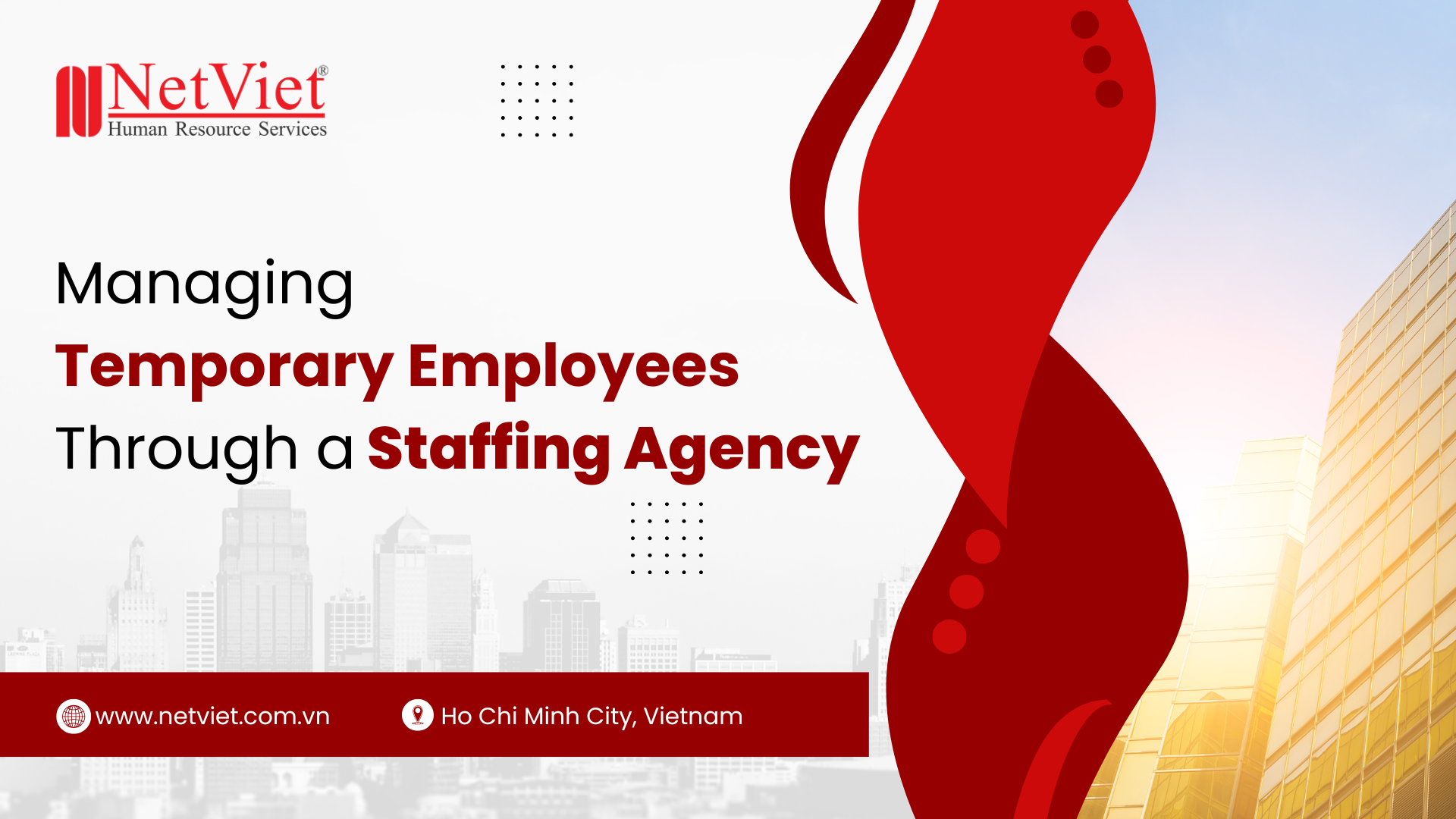Table of Contents
ToggleCracking the Cultural Code
Understanding Vietnamese culture is crucial for HR success. For example, Vietnamese culture emphasizes collectivism, hierarchy, and social harmony. These cultural elements influence how employees interact, communicate, and perceive their roles within the organization.
Collectivism means that decisions are often made collectively, with a focus on consensus and group harmony. This contrasts with Western cultures that prioritize individual achievement. Hierarchy involves respecting authority figures and seniority, which extends to the workplace. Consequently, employees are expected to show deference to superiors and follow established protocols. Moreover, social harmony is highly valued, manifesting in indirect communication styles and a preference for saving face.
Dos and Don’ts for a Thriving Vietnamese Workplace
Dos:
- Invest in Relationships: Building genuine rapport with your team members is key. Participate in shared meals, show interest in their personal lives, and create opportunities for informal interactions. By doing so, you foster a sense of camaraderie and build trust.
- Embrace Indirect Communication: While directness can be valued in other cultures, Vietnamese communication often relies on subtle cues and non-verbal signals. Therefore, pay attention to body language and tone of voice, and avoid direct confrontation whenever possible.
- Acknowledge Hierarchy: Show respect for seniority and authority figures by using appropriate titles and demonstrating deference. This practice builds rapport and demonstrates your understanding of Vietnamese cultural norms.
- Recognize Achievements Publicly: Vietnamese employees thrive on recognition and appreciation. Celebrate individual and team achievements openly to boost morale, foster a sense of belonging, and encourage healthy competition.
- Practice Patience and Adaptability: Be prepared to adapt to a different pace of work and decision-making. In Vietnam, thoroughness and consensus-building often take more time. Consequently, patience and adaptability are essential.
Don’ts:
- Public Criticism: Avoid criticizing or reprimanding employees in public, as this can cause significant embarrassment and damage relationships. Instead, address concerns privately and with tact.
- Rushing Decisions: Decision-making in Vietnam often involves consultation and consensus-building. Thus, pushing for quick decisions can be perceived as disrespectful and may lead to resentment.
- Ignoring Relationship Building: While professionalism is important, taking the time to build personal connections with your team is crucial. Do not solely focus on tasks; invest in understanding your employees’ values and motivations.
HR Outsourcing: A Strategic Partner for Cultural Adaptation
Navigating cultural differences can be challenging, especially for businesses new to the Vietnamese market. Thus, a reliable HR outsourcing partner can be an invaluable asset. They provide local expertise, cultural training, and help craft HR policies that align with Vietnamese cultural norms. As a result, this not only ensures compliance but also fosters a more inclusive and productive work environment.
By understanding and adapting to the cultural nuances of the Vietnamese workplace, you unlock your workforce’s full potential. Consequently, you create a positive and collaborative environment, driving long-term business success in this dynamic market.
Contact Us:
- Phone: +84 28 6261 7310
- Email: info@netviet.com.vn
- Website: www.netviet.com.vn
- Facebook | LinkedIn | Twitter
